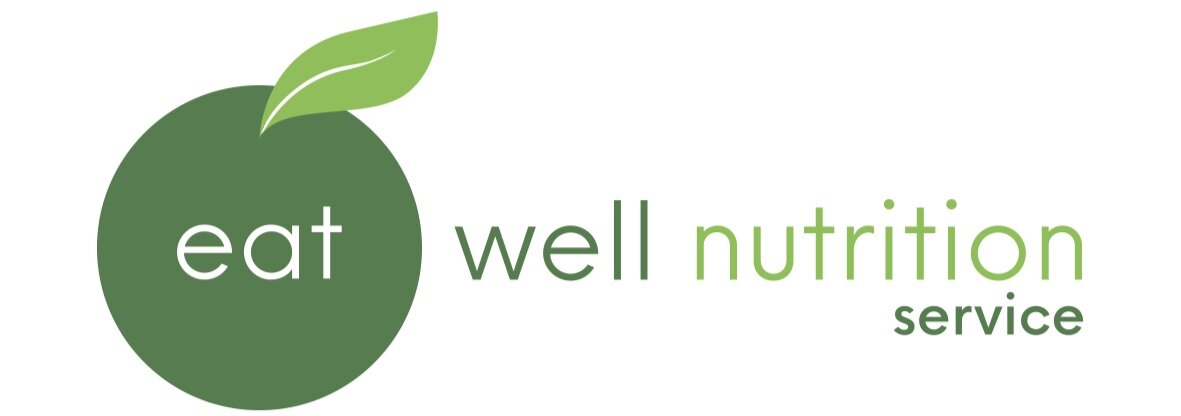Preventing Malnutrition
Malnutrition prevalence in aged care is significant. Between 40 and 70% of residents experience malnutrition. Our goal is to focus on using ‘food first’ solutions to reduce the burden of malnutrition in aged care and enhance the residents quality of life.
Age Against The Machine
Failing tastebuds, loss of appetite, increased protein and calcium needs – the ageing process creates an uphill battle for aged care and village operators to maintain the health and wellbeing of their customers.
Optimising Nutrition and Reducing the Risk of Malnutrition During Covid-19
As we continue to navigate the challenges of the COVID-19 pandemic, we must ensure our residents receive adequate nutrition to maintain their health and wellness.
Healthy Weight Ranges for the Elderly Population in Aged Care
The consequences and health problems associated with obesity are many, varied and often are preventable through a healthy and active lifestyle.
The Importance of Mid Meal Snacks
Mid meal snacks are a fantastic way to achieve adequate nutrition and hydration in aged care residents. Many mid meal snacks provide a good source of calories and additional protein, as well as assisting with increasing fluid intake.
The Benefits of Oral Nutritional Supplement Reviews
Weight loss, malnutrition, and their associated complications are commonly reported issues in residential aged care facilities (RACF), with malnutrition impacting an estimated 40-70% of residents in Australian RACF. As a result, an increasing reliance on oral nutritional supplements has developed in order to assist in promoting weight gain in residents who are underweight, or unable to meet their nutritional requirements through food and fluid.
Video: Feeding Tips for Dementia
This video focuses on the provision of nutrition to residential aged care and private hospital patients suffering from dementia. This video covers the key issues facing the provision of nutrition to these patients as well as providing general advice as to how best to ensure they receive the nutrition they deserve.
Parkinson’s Disease: Nutritional Considerations
September 25-30th was Parkinson’s Awareness Week, so this month we discuss the nutritional considerations for those living with Parkinson’s disease. Parkinson’s disease is a progressive neurological condition which is characterised by motor (movement) and non-motor symptoms.
Nutrition in Aged Care: Professional Development Update
At Eat Well Nutrition, our Dietitians are continually updating their knowledge and skills in aged care nutrition and dietetics to ensure the best results for our clients.
The recent residential aged care interest group event, “Caring for the older person – the changing face of dietetics, now and in the future”, provided a great update on what Dietitians and other professions are implementing to improve nutrition and hydration o
Nutrition in Palliative Care
Palliative care has been defined as an approach that improves the quality of life of a person with a life-threatening illness through the prevention and relief of pain and other problems; physical, psychosocial and spiritual.
Oral Nutrition Supplements: An Overview
Oral nutritional supplements (ONS) are products used for oral nutrition support, with the aim of increasing nutritional intake. They are a treatment option for when a nutrition support need has been identified.
Other nutrition support options may include dietary counselling, food fortification or Enteral tube feeding, depending on the resident’s clinical need. Oral nutrition supplements are typically used in addition to a normal diet, when diet alone is insufficient to meet daily nutritional requirements.
Independence at Meal Times
Encouraging your residents to maintain independence at meal times is an important factor in their care, helping to promote their physical wellbeing, maintaining dignity and confidence, and often improving their chance at gaining adequate nourishment.
Nourishing Fluids
Gaining adequate nourishment should be a top priority for your residents. At this time in their lives, residents may be dealing with disease, reduced appetite and a general reduction in their ability to eat well.
This impacts their ability to consume enough energy (kilojoules), protein and other important nutrients. Weight loss and malnutrition can follow. As Dietitians, our goal is often to maximise the amount of nutrients our residents consume.
Mealtime Assistance
As people age, it is common to require more assistance during mealtimes. Losing the ability to eat and drink independently can have a huge impact on overall nutritional intake and quality of life.
There are a number of ways we can assist those in Residential Aged Care Facilities (RACF) with eating and drinking to maintain a sense of dignity and promote adequate nutritional intake.
Food First Interventions
Food first interventions are strategies that utilise real food and fluid to assist in the management of weight loss and malnutrition in aged care. These interventions are particularly effective for residents who are losing weight, malnourished, have a low body weight, or a small appetite.
In comparison to commercial oral nutritional supplements, food first interventions tend to be more enjoyable for residents, due to the increased variety and flavour, and also usually lead to improved oral intake.
The Dining Room Service
The dining room is one of the most important factors influencing a resident’s nutritional intake. A dining room needs to be a nice welcoming space.
Research suggests environment and atmosphere can significantly affect nutrition intake, so it is important to not only focus on the temperature & presentation of meals, but also the temperature of the dining room, lighting, noise and the comfort levels of residents.
Falls prevention and nutrition
Nutrition is an important factor in falls prevention, as frailty and weakness results in loss of muscle mass and strength, neuromuscular impairment, limited mobility and malnutrition.
Nutrition is related to many risk factors for falls, and has been shown to be a determining factor in not only the severity of injuries from falls, but also recovery time after the injury. Specifically deficiencies in energy, protein and micronutrients can lead to falls due to the effect on strength, mobility and impact on both visual and cognitive impairment.
Overweight and Obesity: Restrictive diets are not the answer
Overweight and obesity during middle age is linked to many chronic health problems, however, many people are unaware that being overweight in later life is associated with better health outcomes. It may be protective, improve survival from illness and increase length of life.
Video: Feeding Assistance
This video provides advice on assisting patients within the aged care and private hospital sectors with assistance when feeding. This video discusses the different levels of feeding assistance and how each can be refined to improve the eating experience of residential Aged care and Private hospital patients.




















